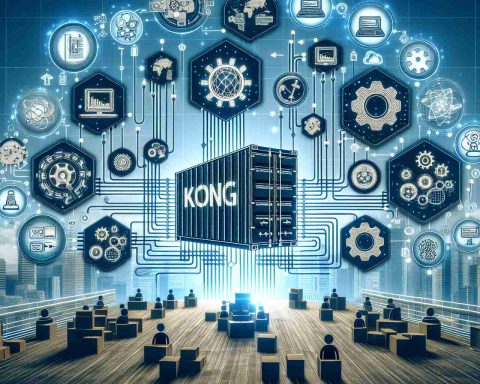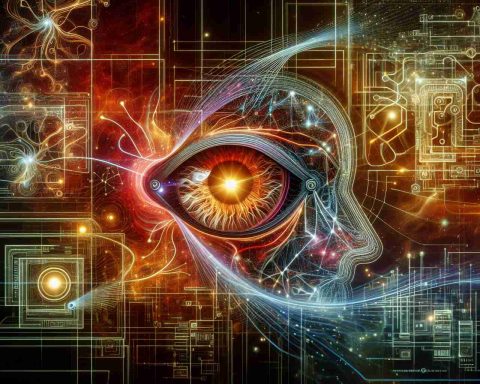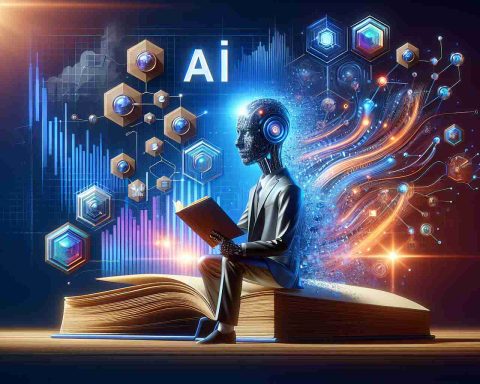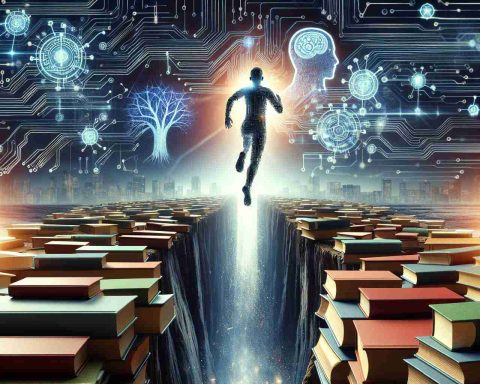Artificial intelligence (AI) has become a pivotal topic in contemporary discussions, particularly in 2023, as numerous AI-driven products have emerged. Innovations like ChatGPT, DALL-E, and Bard are transforming industries by enhancing data analysis and automating workflows. As businesses increasingly embrace these technologies, many tasks—such as translation, technical support, and content creation—are being delegated to AI systems.
However, this rapid advancement raises concerns about job security for professionals and students alike. The fear of being replaced looms large, especially among students who question their future in the job market. Young individuals are deliberating on whether AI will pave the way for new opportunities or render them obsolete.
In the sphere of design, one student expressed her apprehension regarding AI tools that enable non-experts to edit images and videos. Despite training in her field, she believes that AI may eventually overshadow her profession. Another student, pursuing journalism, closely follows AI developments, anxious that her content creation job could be jeopardized by technological advancements.
Global concerns about job displacement due to AI are echoed in recent findings from consulting firm McKinsey. Their research indicates that AI implementation may lead to substantial job loss, particularly in fields dependent on intellectual labor, by the end of the decade.
Contrastingly, some young people maintain a positive outlook, insisting that AI cannot replicate the emotional depth and creative intuition of humans. They argue that while AI can handle routine tasks, the unique human skills will always hold a competitive edge in the labor market.
The Rising Influence of Artificial Intelligence: Opportunities and Challenges
As artificial intelligence (AI) continues to evolve, its influence permeates nearly every sector, reshaping the fabric of how we work and live. While much has been said about the emerging technologies like ChatGPT and DALL-E, the nuances of AI’s impact go beyond mere automation. Understanding its broader implications is crucial in navigating the future landscape of work.
What Are the Key Opportunities Presented by AI?
AI’s capability to analyze vast volumes of data can lead to remarkable efficiencies. For instance, industries such as healthcare benefit immensely from AI-driven diagnostics that can identify diseases at earlier stages, potentially leading to better patient outcomes. Moreover, AI systems are facilitating personalized experiences in retail by providing tailored recommendations based on consumer behavior, thus boosting customer satisfaction and loyalty.
What Challenges and Controversies Are Associated With AI?
One of the most pressing challenges is the ethical concern surrounding AI’s decision-making processes. Concerns about bias in AI algorithms have come to light, with instances where AI systems have perpetuated racial and gender biases, leading to discriminatory outcomes. Additionally, data privacy remains a critical issue, as the use of AI often involves extensive data collection, raising questions about user consent and data protection.
What Are the Economic Implications of AI?
The rise of AI leads to a paradigm shift in the job market. While some sectors may face significant job losses, new roles are emerging that focus on managing AI technologies. For instance, there’s a growing demand for “AI trainers” and “ethics compliance managers”—positions that did not exist a decade ago. However, the transition may exacerbate economic inequalities, particularly for workers whose skills are not easily transferable to new roles.
Advantages of Artificial Intelligence
1. Increased Efficiency: AI can perform repetitive tasks faster and more accurately than humans.
2. Data-Driven Insights: Enhanced data analysis capabilities can uncover trends and patterns that inform decision-making.
3. Availability: AI systems can operate 24/7, increasing productivity.
4. Cost Reduction: Automation can lead to significant savings in operational costs.
Disadvantages of Artificial Intelligence
1. Job Displacement: Many roles, especially in manufacturing and data entry, may become obsolete.
2. Ethical Dilemmas: Questions around bias and accountability in AI systems can lead to significant societal challenges.
3. Dependence on Technology: Over-reliance on AI might erode critical human skills.
4. Data Privacy Concerns: The potential for misuse of personal data remains a significant issue.
Looking Forward: How Can Society Adapt to AI’s Rise?
To leverage AI’s benefits while mitigating its risks, a multi-faceted approach is necessary. Education systems must adapt to prepare future workers with skills relevant in an AI-driven economy, emphasizing lifelong learning and adaptability. Additionally, regulatory frameworks should be established to ensure ethical AI use, protecting individuals and fostering public trust in these technologies.
In conclusion, as AI continues to permeate various sectors, its influence is undeniable. By addressing the challenges and embracing the opportunities, society can harness the power of AI for positive outcomes.
For further information on the growing impact of artificial intelligence, visit Forbes or BBC.

















